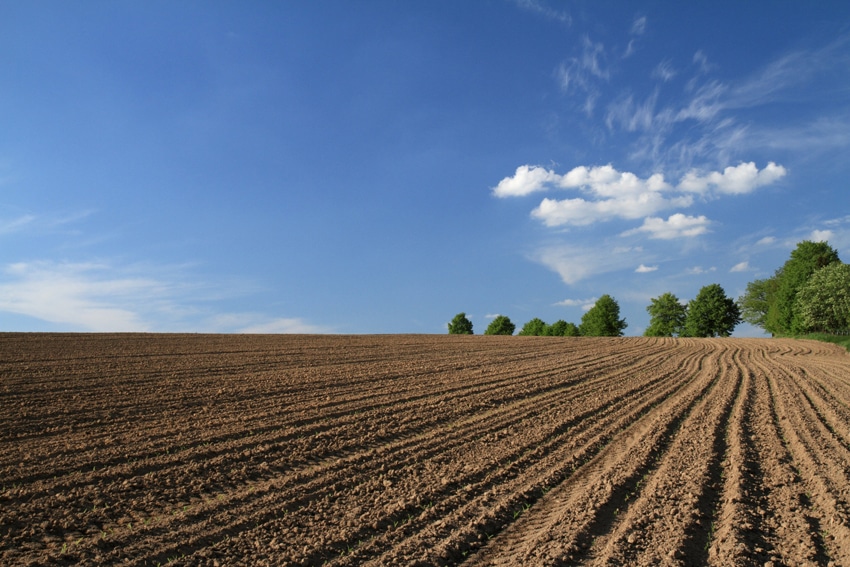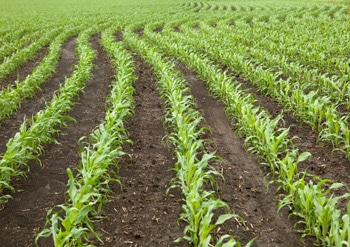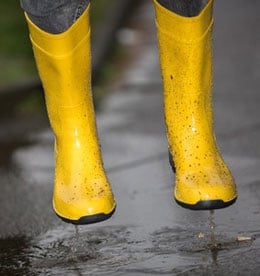The Field Report
More from The Field Report
Crops Look Good Overall, But Not As Good As Last Year
Trent Brandenburg has his corn and soybean planting done, side dressing done, corn sprayed and beans yet to spray. Corn is "not so good on some soils," Trent said, noting that poor germination in cold, wet soils, took a toll. "It's not the best, but uneconomic to replant, so we'll leave it," he concluded.
It Won’t Take Long…
"It won't take long when you get in gear and go!!" Trent Brandenburg is ready to start planting, but it is just too wet and cold. Trent began planting on April 15 last year and was done by mid-May. So he's willing to wait for the warmer temperatures and better field conditions. Trent is following the corn and soybean markets closely as corn took a plunge on the USDA report then went up a bit. Soybeans went up. Trent already has his inputs set for the corn and soybean acres he plans to plant, so he is not shifting acres to soybeans despite the markets' temptation. Trent has his machinery as ready as can be. He observed "It won't break down until you use it." Trent has mowed his yard twice. He says he is tired of tiding his mower and wants to ride a tractor.
Getting Ready For The New Crop Year
Trent Brandenburg was starting to think about planting during the recent warm days, but the big blizzard on Wednesday, February 24, helped him decide to keep the planters and tractors in the shed a while longer. Trent has completed delivery of last year's grain from his on-farm storage. He is now getting his seed delivered and completing the winter maintenance on his machinery. This is the time of year when the input expenses all come at once: seed, fertilizer, crop protection chemicals, and diesel fuel. Hopefully, and farmers have to be hopeful, the yield will cover the crop expenses and land costs...
Looking Back At 2015, Ahead To 2016
Trent Brandenburg is happy to recall the excellent spring and harvest weather and work progress during 2015. Yields were "very good", Trent observed, just not quite up to 2014 levels. Market prices, on the other hand, weren't good. The unusually dry fall helped corn dry in the field, thus saving drying expenses at the grain elevator. Looking ahead to 2016 after several days of record-breaking rainfall and record flood levels in Central Illinois, Trent recalls that warm, wet winters are often followed by hot, dry summers. Trent wryly speculated that a hot, dry summer might reduce yields so much that crop insurance would provide more revenue than the grain market...






